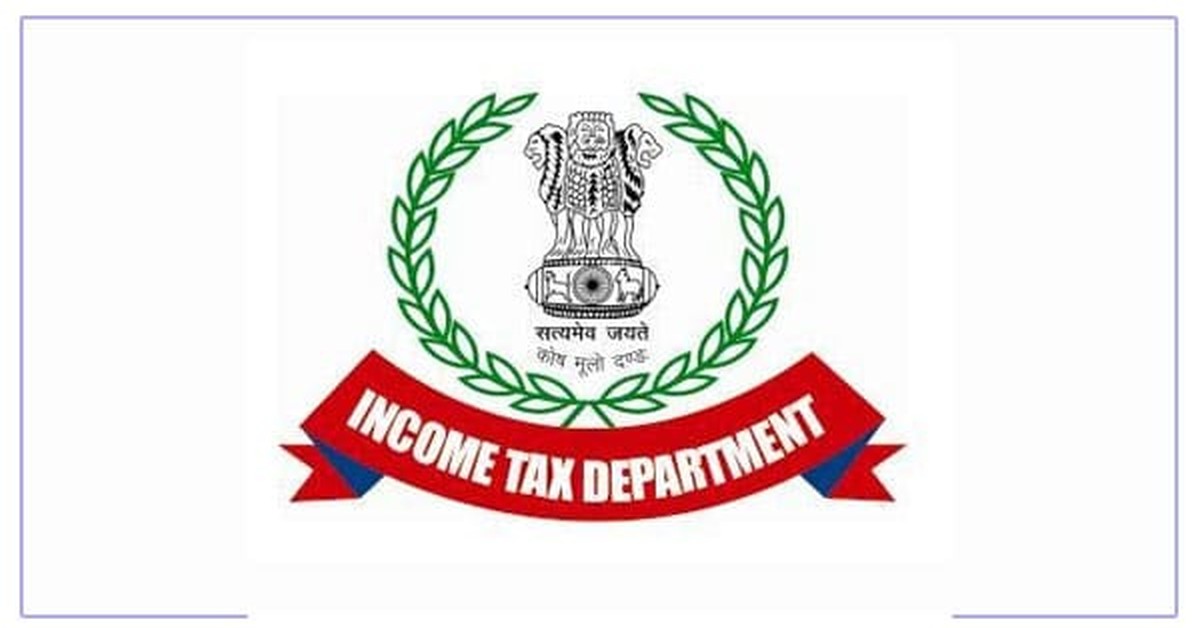The Income Tax department is set to finalize the reassessment of 170,000 notices by March 2025, focusing on undisclosed income from past assessment years. These notices were issued between March 2021 and March 2024, targeting discrepancies in income declarations.
Background of the Reassessments
The Central Board of Direct Taxes (CBDT) initiated the reopening of approximately 600,000 cases within a three-year span due to mismatches between declared income and the data available with the I-T department. So far, 430,000 notices have been assessed, and orders issued, according to a senior official from the department.
Financial Implications
While the exact amount involved is still unknown, preliminary estimates suggest it could exceed ₹1,000 crores. The reassessment notices pertain to various assessment years, ranging from 2014-15 to 2022-23. Some cases were also approaching the statutory time limit for reassessment.

Legal Framework and Criteria
These notices fall under Section 148 of the Income Tax Act, which governs the reopening of past assessments. The majority were issued to individuals with an annual income exceeding ₹50 lakh. Under this section, I-T officers can review cases of income evasion going back six years. With the Finance Act of 2021 introducing Section 148A, cases older than a decade can be reopened if the escaped income surpasses ₹50 lakh.
Guidelines and Limitations
For incomes below ₹50 lakh, reassessment notices cannot be issued if more than three years have passed since the end of the relevant assessment year. The CBDT guidelines ensure that existing financial thresholds are maintained when reopening previous years' evaluations.
Supreme Court Ruling
In 2022, the Supreme Court upheld the validity of all reassessment notices issued on or after April 1, 2021, allowing the reopening of assessments up to six years prior. This ruling came after multiple high court challenges, prompting the I-T department to seek a definitive ruling from the apex court. Consequently, reassessment notices for fiscal years 2012-13, 2013-14, and 2014-15 were dropped for small taxpayers with escaped income below ₹50 lakh.
Standardized Approach
Post the Supreme Court ruling, the CBDT directed a standardized approach for reopening cases. Cases already settled by appellate authorities or courts are not to be reopened, ensuring a uniform and fair reassessment process.
The completion of these reassessments aims to enhance tax compliance and address the issue of undisclosed income, contributing to a more transparent and accountable tax system in India.





 CAclubindia
CAclubindia

